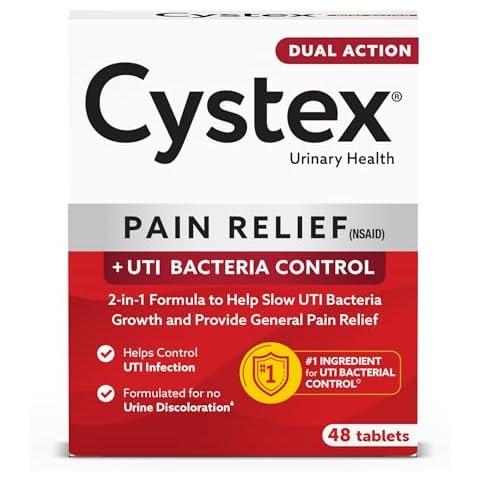Why We Recommend Urinary Tract Infection Treatments
Introduction
Urinary tract infections (UTIs) are a common type of infection that can affect anyone, but they are more common in women than in men. UTIs are caused by bacteria that enter the urinary tract and can lead to symptoms like painful urination, frequent urges to urinate, and abdominal discomfort. If left untreated, UTIs can lead to more serious health problems, so it is important to seek treatment as soon as possible.
Choosing the right treatment
When it comes to choosing the right treatment for a UTI, there are a few factors to consider. The first is the severity of the infection. If the infection is mild, you may be able to treat it at home with over-the-counter pain relievers and drinking plenty of fluids. If the infection is more severe, you will likely need to see a doctor who can prescribe antibiotics.
Another factor to consider is the type of bacteria causing the infection. Different types of bacteria can require different types of antibiotics, so it is important to have a urine sample tested to determine the right treatment.
Home remedies
If your UTI is mild, you may be able to treat it at home with the following remedies:
- Drink plenty of fluids, especially water. This can help flush out the bacteria from your urinary tract and reduce the symptoms of the infection.
- Take over-the-counter pain relievers, such as ibuprofen or acetaminophen, to help alleviate pain and discomfort.
- Avoid caffeine, alcohol, and spicy foods, as these can irritate the bladder and make the symptoms worse.
- Try to urinate as soon as you feel the urge, and empty your bladder completely. This can help prevent the bacteria from multiplying and spreading.
Medical treatments
If your UTI is more severe or does not respond to home remedies, you will need to see a doctor who can prescribe antibiotics. The type of antibiotic prescribed will depend on the type of bacteria causing the infection, so it is important to have a urine sample tested.
Some common antibiotics used to treat UTIs include:
- Nitrofurantoin (Macrodantin, Furadantin)
- Trimethoprim-sulfamethoxazole (Bactrim, Septra)
- Cephalexin (Keflex)
- Levofloxacin (Levaquin)
Prevention
There are several steps you can take to prevent UTIs, including:
- Drink plenty of fluids, especially water, to keep your urinary tract flushed out.
- Avoid holding your urine for long periods of time. Try to urinate as soon as you feel the urge, and empty your bladder completely.
- Wipe from front to back after using the toilet, to prevent bacteria from spreading from the anus to the urethra.
- Avoid using perfumed soaps, douches, and sprays, as these can irritate the urinary tract.
- Practice good hygiene, including washing your hands before and after using the bathroom.
Conclusion
UTIs are a common and often painful condition, but they can be treated effectively with the right approach. By choosing the right treatment and taking steps to prevent future infections, you can keep your urinary tract healthy and avoid the discomfort of UTIs.











